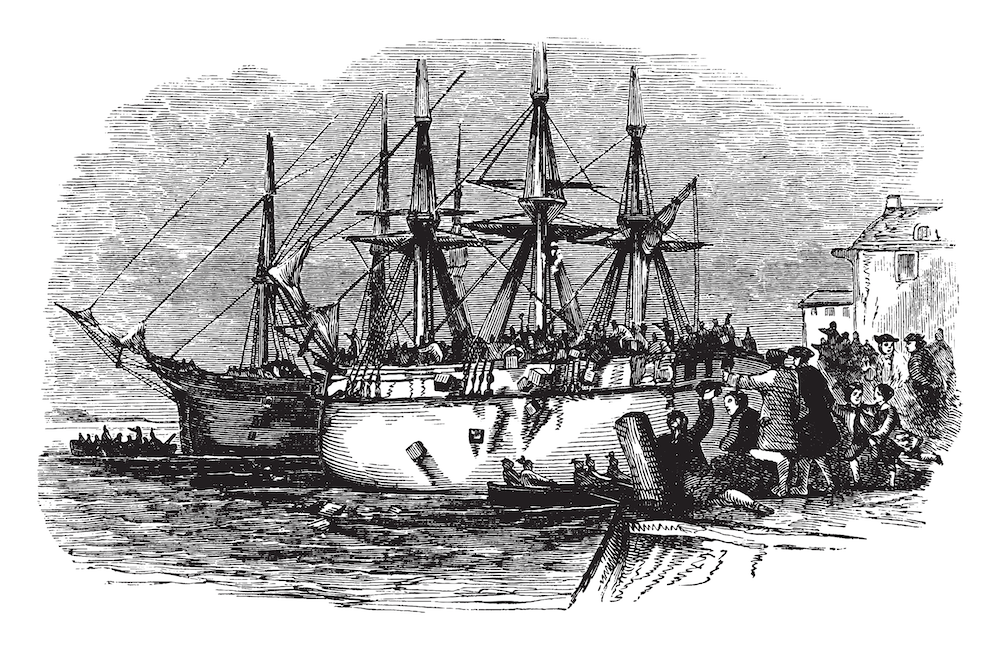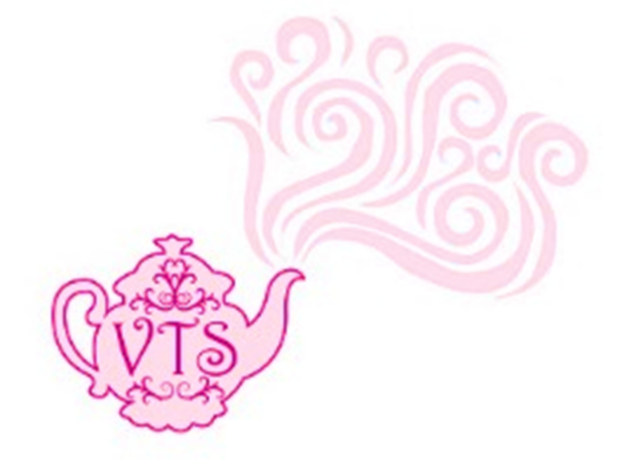Boston Tea Party


One of the most fascinating stories in tea history is that of the Boston Tea Party, which took place in 1773 in the American colonies. At the time, the British government had a monopoly on the tea trade and was imposing heavy taxes on tea imported to the colonies, which were not represented in the British Parliament.
A group of American colonists, who called themselves the Sons of Liberty, organized a protest against the tax by boarding three British tea ships and dumping their cargo of tea into the Boston Harbor. This event became known as the Boston Tea Party and was a key moment in the lead-up to the American Revolution.
What many people don't know is that the tea that was dumped into the harbor was actually a special variety known as Bohea tea, which was extremely popular in the colonies at the time. This type of tea was named after the Wuyi Mountains in China, where it was grown and processed using a special method that involved smoking the leaves over pinewood fires.
The dumping of the Bohea tea had a significant impact on the tea industry in the colonies, as it created a shortage of the popular variety and led to a rise in demand for other types of tea, such as green tea and oolong tea. It also had a broader impact on American history, as it fueled anti-British sentiment and helped to galvanize the colonists in their fight for independence.
Today, the Boston Tea Party is remembered as a seminal event in American history, and Bohea tea has become a symbol of resistance against unfair taxes and government oppression. It's a fascinating story that shows how something as seemingly simple as a cup of tea can have a profound impact on the course of history.


Recent Articles
-
Virginia Tea Society Fashion Show March 2024
Apr 03, 25 08:53 AM
Photos from our 2024 Fashion Show, -
Tea Class 2025
Mar 11, 25 10:54 AM
This is the Tea Class for 2025 where new members receive edification on tea etiquette. -
Virginia Tea Society Members Only
Feb 26, 25 10:10 AM
This section of the Virginia Tea Society contains information only meant for members of the VTS. You must have a password provided by admin to have access.




